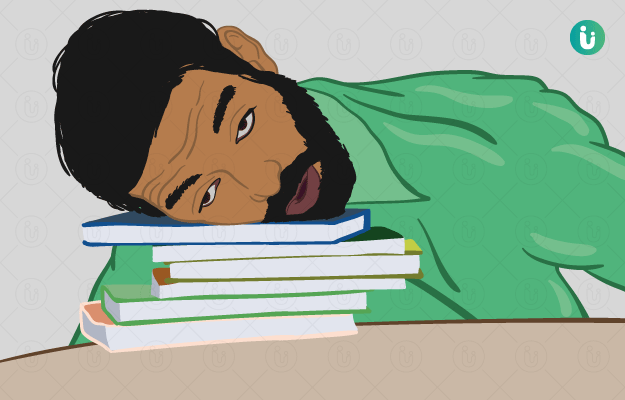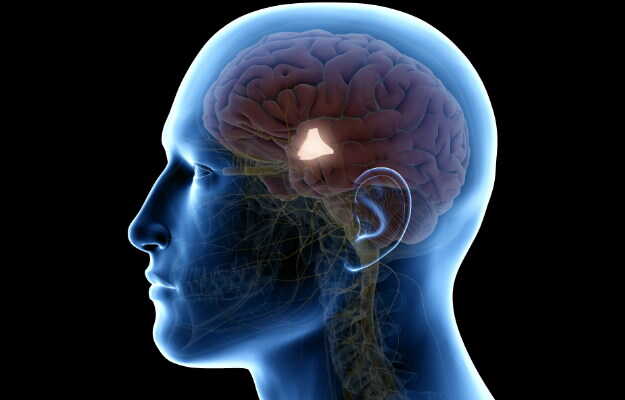What is fatigue?
Fatigue is an overpowering and extreme tiredness that may not be relieved by rest. Fatigue due to illnesses, overexertion or disturbance in sleep, diet or routine activities lasts for less than 6 months and generally improves with rest. Chronic fatigue occurs without a definite cause and continues for more than 6 months. A psychological disturbance is frequently associated with fatigue or chronic fatigue syndrome.
What are its main associated signs and symptoms?
Amidst the numerous signs and symptoms associated with fatigue, some of the most important ones are as follows:
- Fatigue is an important symptom of chronic fatigue syndrome or myalgic encephalomyelitis (ME) and is characterised by:
- Significant decrease in capacity to carry out daily activities which were possible before the onset of fatigue.
- Extreme exhaustion after routine activities that was not experienced before ME.
- No relief in fatigue after rest and sleep.
- Increase in tiredness and other symptoms that may last for days after a mental or physical activity.
- Problems with memory and thinking, difficulty with concentration and increased emotional sensitivity
- Disorder in sleep pattern (excessive sleep, lack of sleep, disturbed sleep)
- Headache, dizziness and blurred vision
- Lack of energy, with muscle and joint pain
- Frequent sore throat
- Disturbances in digestion (Read more: Indigestion treatment)
- Flu-like symptoms
- Lymph nodes may be painful and tender
What are its main causes?
The different causes attributed to fatigue include:
- Medical conditions and illnesses, such as anaemia, chronic pain, pregnancy, infections, surgery, thyroid conditions and tuberculosis.
- Treatments taken for other medical conditions such as cancer and depression.
- Mental stress, depression and anxiety.
- Disturbance in daily routine, such as dietary habits and sleep pattern.
How is it diagnosed and treated?
Doctors order various laboratory tests and other investigations to rule out different causes of fatigue. History and physical examination play an important role in diagnosing fatigue without any definite cause.
- History regarding:
- Onset and duration of symptoms
- Daily routine, triggers, previous diseases and treatments, etc.
- Physical examination includes:
- Examination of lymph nodes and checking for swelling of feet
- Chest examination for abnormality in heartbeats and breathing trouble
- Examination of the nervous system and the thyroid gland
- Investigations and lab tests include:
- Blood test: Complete blood count (CBC), erythrocyte sedimentation rate (ESR) and thyroid profile
- Urine tests
- X-ray chest and electrocardiogram (ECG)
- Other special tests are done depending on the cause of fatigue
Treatment comprises:
- Treatment of the cause responsible for fatigue
- Medicines for cancer, infections, depression, thyroid problems, etc.
- Management of symptoms through
- Regular moderate exercise
- Dividing the task into small units
- Taking frequent breaks while working
- Undertaking smaller tasks at a time
- Meditation and yoga
- Adequate rest and sleep
(Consult a doctor with online treatment app)

 Doctors for Fatigue
Doctors for Fatigue  OTC Medicines for Fatigue
OTC Medicines for Fatigue


 Home Remedies for Fatigue
Home Remedies for Fatigue

















